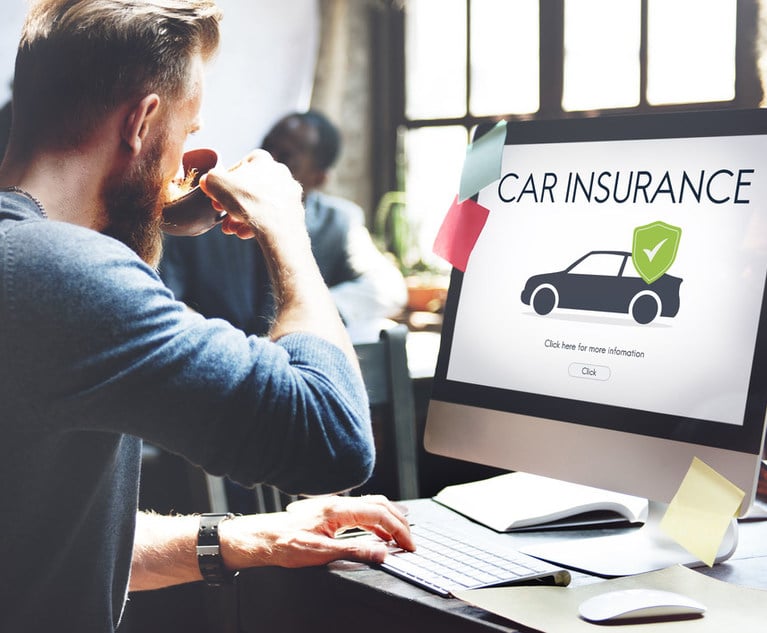It's clear that autonomous vehicles are coming to the marketplace. The only question is how quickly.
|Google garnered attention with its prototype of aself-driving car, Ford Motor Co. says it plans to selldriverless cars to the public by 2025, and several othermanufacturers, such as Mercedes, BMW and Volvo, are in the testphase. And, in the United States at least, a true sign of thecoming technology: The federal government issued regulations on autonomous cars on Sept. 20.
|The vehicles are touted as a way for aging drivers and peoplewith disabilities to maintain their independence. They're alsopredicted to increase traffic safety and cut down on distracteddriving. Commercial truck fleets are also testing autonomousvehicles, and cargo container ships are interested in thetechnology as well.
|Earlier this year, the driver of a Tesla was killed in an accident while operatingthe vehicle on autopilot, and Chinese researchers recently claimedto have hacked into a Tesla and taken control of the brakes, amongother things.
|Autonomous vehicles will certainly change auto insurance — bothpersonal and commercial — in ways we're not completely sure of yet.But what do consumers really think about self-driving cars? Willthe technology be adopted as quickly as we adopted smartphones?
|A recent report from the Boston Consulting Group, “Self-DrivingVehicles, Robo-Taxis, and the Urban Mobility Revolution,” foundthat 58 percent of the 5,500 consumers surveyed across 10 countrieswould be willing to ride in a fully autonomous vehicle, although 23percent aren't willing to cede control to the vehicle.
|Here's a look at eight reasons that drivers are reluctant to useself-driving cars, according to a survey by the Boston ConsultingGroup and the World Economic Forum:
||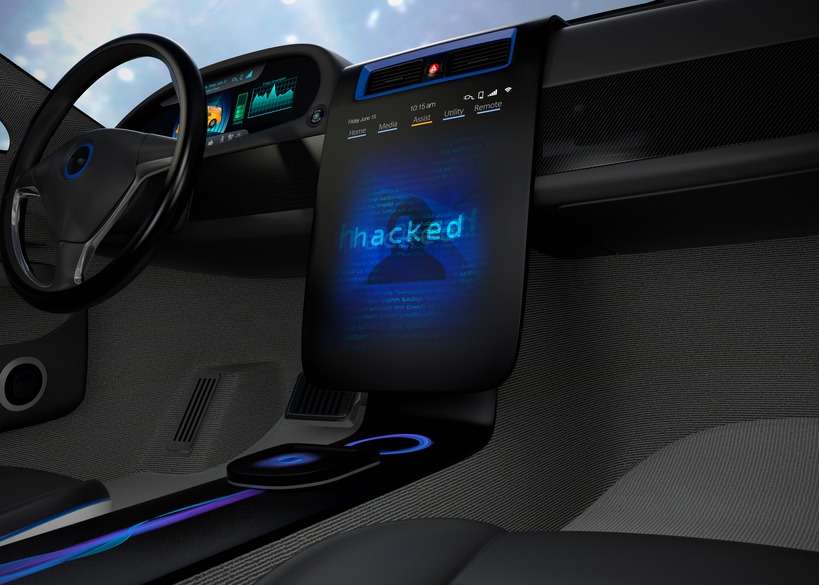
(Photo: iStock)
|8. Hackers
In the survey, 23 percent of the respondents were concerned thatthe car could be hacked.
|Related: Cybersecurity is biggest risk of autonomous cars,survey finds
||
(Photo: iStock)
|7. Price tag
In the survey, 25 percent said they were unwilling to pay forself-driving functionality.
|Related: 4 reasons why smart mobility and autonomous drivingwill cause disruption
||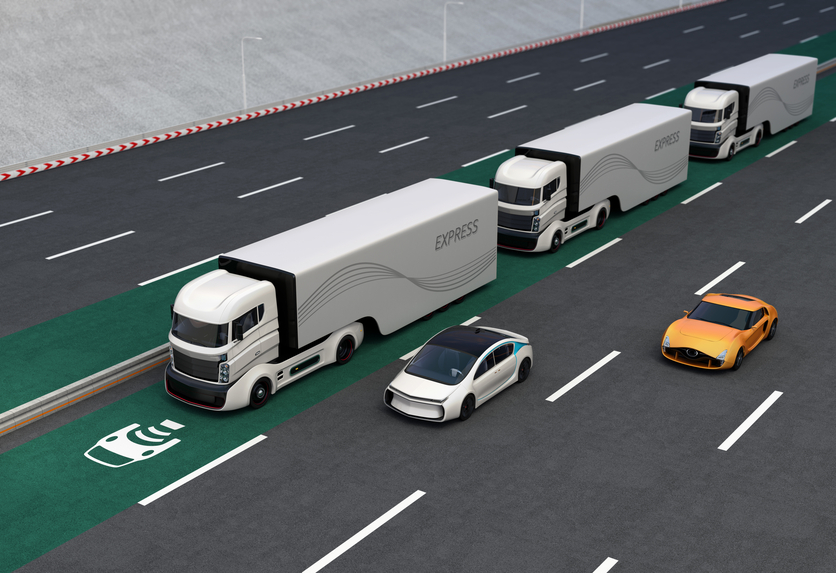
(Photo: iStock)
|6. Traffic concerns
In the survey, 26 percent of respondents said they wouldn'ttrust self-driving technology in mixed traffic.
|Related: Self-driving cars will be the best thing to happento motorcycles
||
(Photo: iStock)
|5. Unknown technology
More than a quarter of survey respondents — 27 percent— say they don't know enough about the technology yet.
|Related: Seattle tech vets propose driverless stretch ofInterstate 5
||
(Photo: iStock)
|4. Loss of a pleasurable experience
Almost 1 in 3 survey respondents — 30 percent — saidthat driving a motor vehicle is a pleasurable experience thatthey're reluctant to give up.
|Related: 5 reasons why baby boomers would get a driverlesscar
||
(Photo: iStock)
|3. 'Driver' error
Of those surveyed, 43 percent don't want the car to make“mistakes” on the road.
|Related: Our autonomous future: Lessons from the Hoboken andTesla crashes [Opinion]
||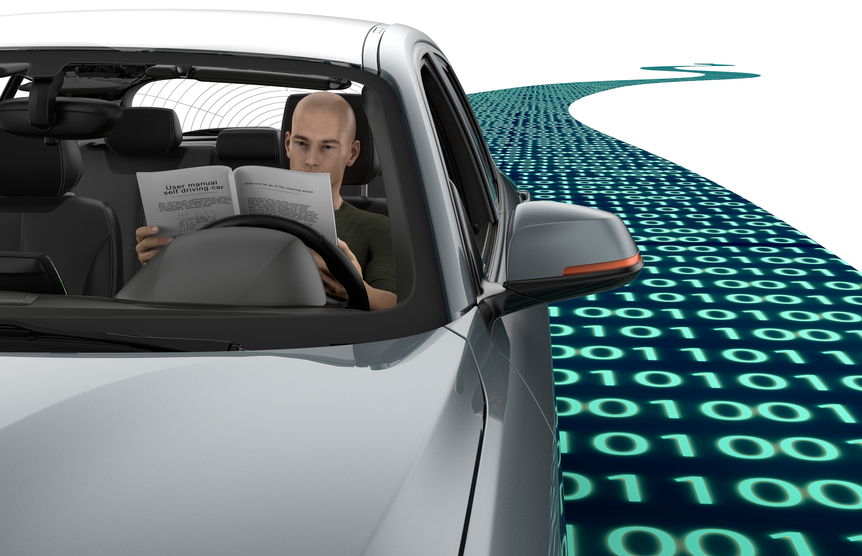
(Photo: iStock)
|2. Need for control
In the survey, 45 percent said they have a need for the driverto be in control of the vehicle at all times.
|Related: What happens if a self-driving Uber is in acrash?
||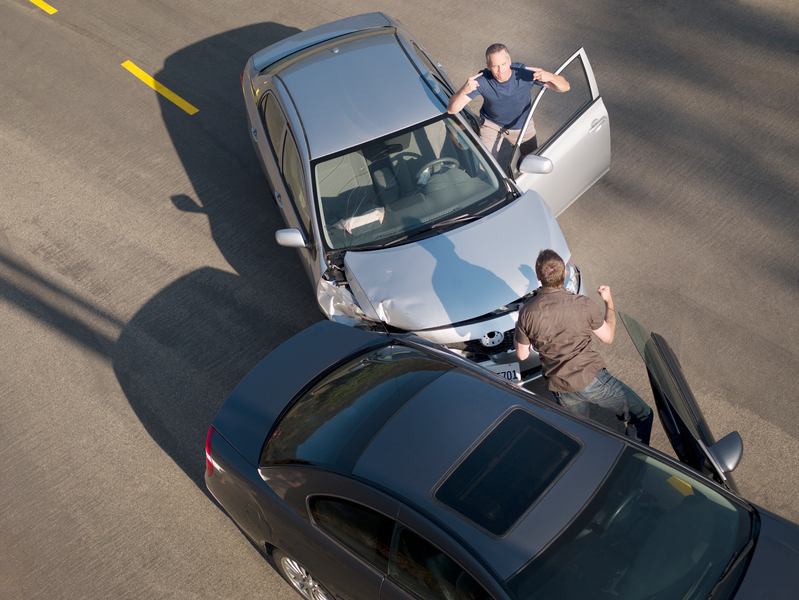
(Photo: iStock)
|1. Safety concerns
Half of the people surveyed — 50 percent — respondedthat they wouldn't feel safe in a self-driving car.
|Related: Driverless cars: What are the insuranceimplications?
Want to continue reading?
Become a Free PropertyCasualty360 Digital Reader
Your access to unlimited PropertyCasualty360 content isn’t changing.
Once you are an ALM digital member, you’ll receive:
- All PropertyCasualty360.com news coverage, best practices, and in-depth analysis.
- Educational webcasts, resources from industry leaders, and informative newsletters.
- Other award-winning websites including BenefitsPRO.com and ThinkAdvisor.com.
Already have an account? Sign In
© 2024 ALM Global, LLC, All Rights Reserved. Request academic re-use from www.copyright.com. All other uses, submit a request to [email protected]. For more information visit Asset & Logo Licensing.


